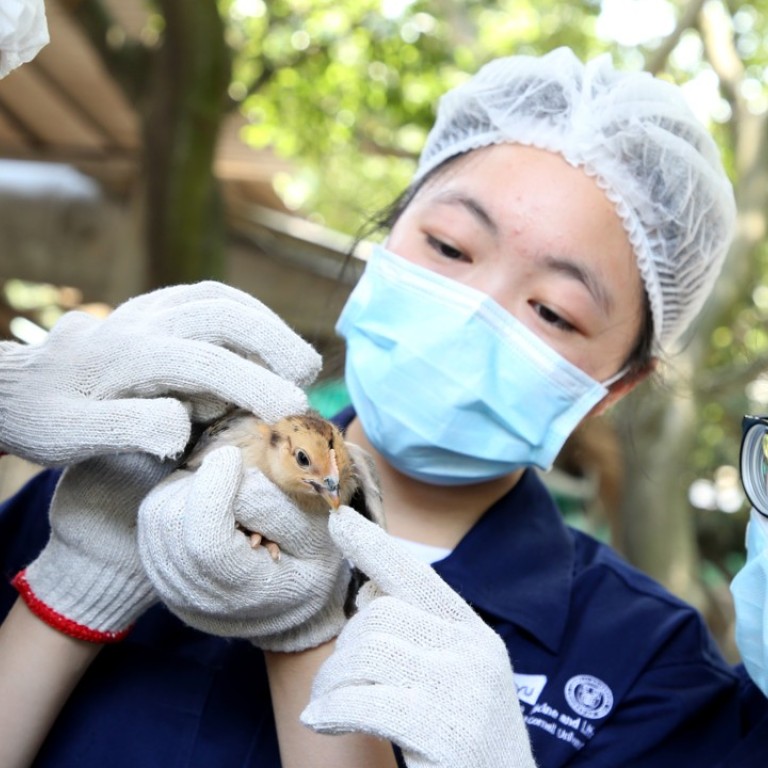
Cornell link is cornerstone for veterinary course
- Partnership with world-class school is central to success of CityU BVM, offering extramural studies and placements to give students vital ‘hands-on’ experience
The need to set up a dairy farm in Tai Po was one of the many challenges City University of Hong Kong (CityU) faced in its decade-long campaign to introduce a bachelor of veterinary medicine (BVM).
But each potential problem was overcome in turn, and the six-year programme is now successfully up and running and preparing to welcome its third intake in September next year.
The curriculum was designed to include courses of particular relevance to the Asia-Pacific region, arranged around the themes of animal welfare, aquatic animal health, food safety and emerging infectious diseases. Along the way, students must also meet CityU’s general “gateway education” requirements. In due course they will be expected to meet the accreditation standards set by the Australasian Veterinary Boards Council and the Royal College of Veterinary Surgeons to practise professionally.
However, the real cornerstone of the curriculum is the four-year Cornell University veterinary medicine programme and the prerequisites it entails.
“Our main strength lies in our partnership with Cornell which, in this discipline, is among the very top schools in the world,” says Dr Howard Wong, CityU’s director (professional development and communications), speaking about the university’s Jockey Club College of Veterinary Medicine and Life Sciences.
“Besides coursework, it means students will have to attend 26 weeks of clinical extramural studies (EMS) and complete 12 weeks of animal husbandry placements during term breaks. This gives them the necessary practical experience of farming operations and veterinary practice locally, regionally and further afield.”
The first cohort of BVM students did their initial EMS at Cornell and may return there for others. They also have a chance to spend time with organisations in Hong Kong such as the Society for the Prevention of Cruelty to Animals (SPCA), as well as at the Tai Po farm.
To be considered for admission, prospective BVM candidates must satisfy general university entrance requirements plus those specific to the programme. That includes a “high level of achievement” in English, maths, chemistry and biology in the HKDSE, IB, GCE or equivalent final-year school exams.
Mainland-based and international applicants, as well as mature students, are considered on a case-by-case basis. Where appropriate, they should have high TOEFL or IELTS scores to confirm their fluency in English.
Most of the academic staff now teaching the degree courses are veterinary graduates. Many of them have a research PhD, and have also obtained specialist qualifications awarded by boards in the United States, Australasia, Britain or the European Union.
As teachers, one of their key objectives is to ensure the students do not simply pass exams, but also acquire all the relevant competencies. From the outset, it is made clear that a high level of achievement in several competencies is not allowed to compensate for inadequate standards in one of the others.
“We have made a good start and are glad to have been granted the status of a publicly funded programme as from the 2019/2020 intake,” Wong says. “In the longer term, we will be continuously enhancing the programme and looking to increase the level of research activities to meet both local and regional needs.”
There are plans to boost the intake for the next academic year to around 30. “The BVM is designed to inculcate professional attitudes and provide the theoretical and practical skills required to commence work as a veterinary surgeon in private practice, public health or government service,” Wong says.
